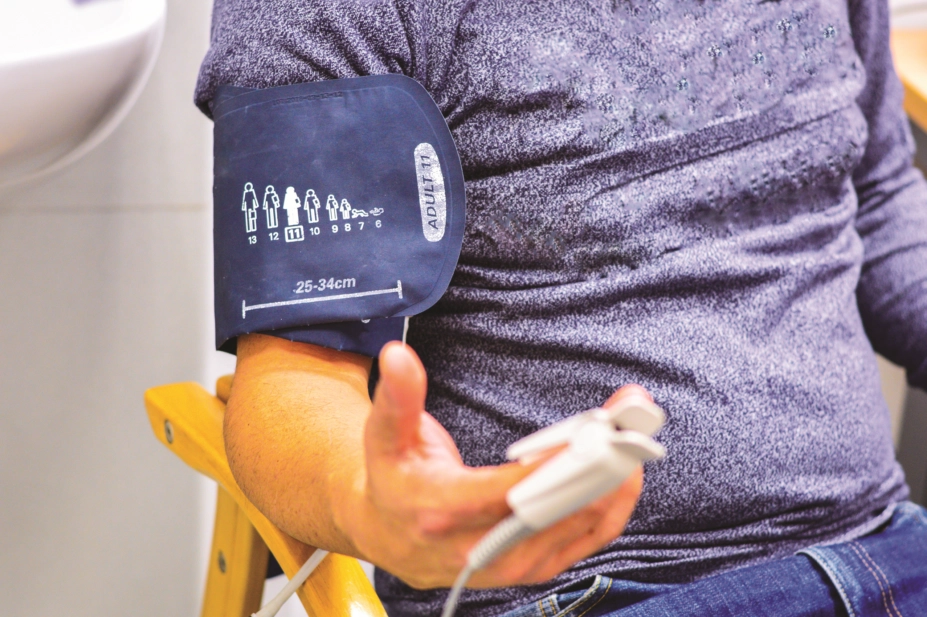
Shutterstock.com
Community pharmacists could be involved in detecting undiagnosed cardiovascular disease (CVD) under plans laid out in the ‘The Community Pharmacy Contract Framework for 2019/20 to 2023/24’.
The framework, published on 22 July 2019, also outlines funding allocations, including £4m for the introduction of a “time limited” hepatitis C virus (HPV) testing service in community pharmacy to run in 2019/2020 and 2021/2020.
The Department of Health and Social Care (DHSC) will use the pharmacy integration fund and primary care network (PCN) ‘test bed programme’ to test a range of additional prevention and detection services, which could be mainstreamed if found to be effective and best delivered by community pharmacy.
The contract said this could include a model for detecting undiagnosed CVD in community pharmacy and referral to treatment within PCNs, complementing the CVD service specification in the GP PCN contract.
Sotiris Antoniou, consultant pharmacist in cardiovascular medicines at Bart Health NHS Trust, said this was “a great opportunity” for community pharmacists to establish their role in the public health agenda.
“In England, there are an estimated 400,000 people with undiagnosed atrial fibrillation (AF) and potentially 5.5 million with undiagnosed hypertension — so there’s a huge role that community pharmacy can play as part of that detection,” he added.
“There’s a real opportunity for community pharmacy as accessible healthcare professionals that don’t require appointments to opportunistically detect AF and hypertension.”
Other services to be tested in community pharmacy include point-of-care testing around minor illness to support efforts to tackle antimicrobial resistance; routine monitoring of patients being supplied under an electronic repeat dispensing arrangement; and the introduction of referral of patients receiving stop smoking support in secondary care to community pharmacy.
Other proposals for the “clinical future” of community pharmacy as laid out in the framework include the introduction of a HCV testing service, to be funded from 2019/2020, for individuals using needle and syringe programmes in community pharmacy.
According to the framework it is assumed that the service will run for 2019/2020 and 2020/2021, and will be funded by £2m each year. Should the scheme run into subsequent years, it will be funded by “unallocated funding for future clinical services”.
Ryan Buchanan, an academic clinical lecturer in hepatology at the University of Southampton, said it was “very important” that pharmacists were going to be part of the national HCV elimination strategy.
However, drawing on his own experience of setting up pharmacy-based HCV testing on the Isle of Wight and in Southampton, he said that community pharmacists need to feel “part of the team” for the service to be a success.
“To get someone to do a test for something that, potentially, could have grave consequences, pharmacists need to know what the pathway is after the test results come back positive — they need to be closely engaged with the local clinical team.”
Over the five-year contract “settlement period”, the DHSC has also committed to considering whether the new medicine service, which currently covers asthma, chronic obstructive pulmonary disease, type 2 diabetes and hypertension, should be expanded to cover further therapeutic areas, although no details of what this might cover have been released.
The DHSC also it said it would introduce a medicines reconciliation service to ensure that changes in medicines made in secondary care were implemented appropriately when a patient was discharged back into the community.


